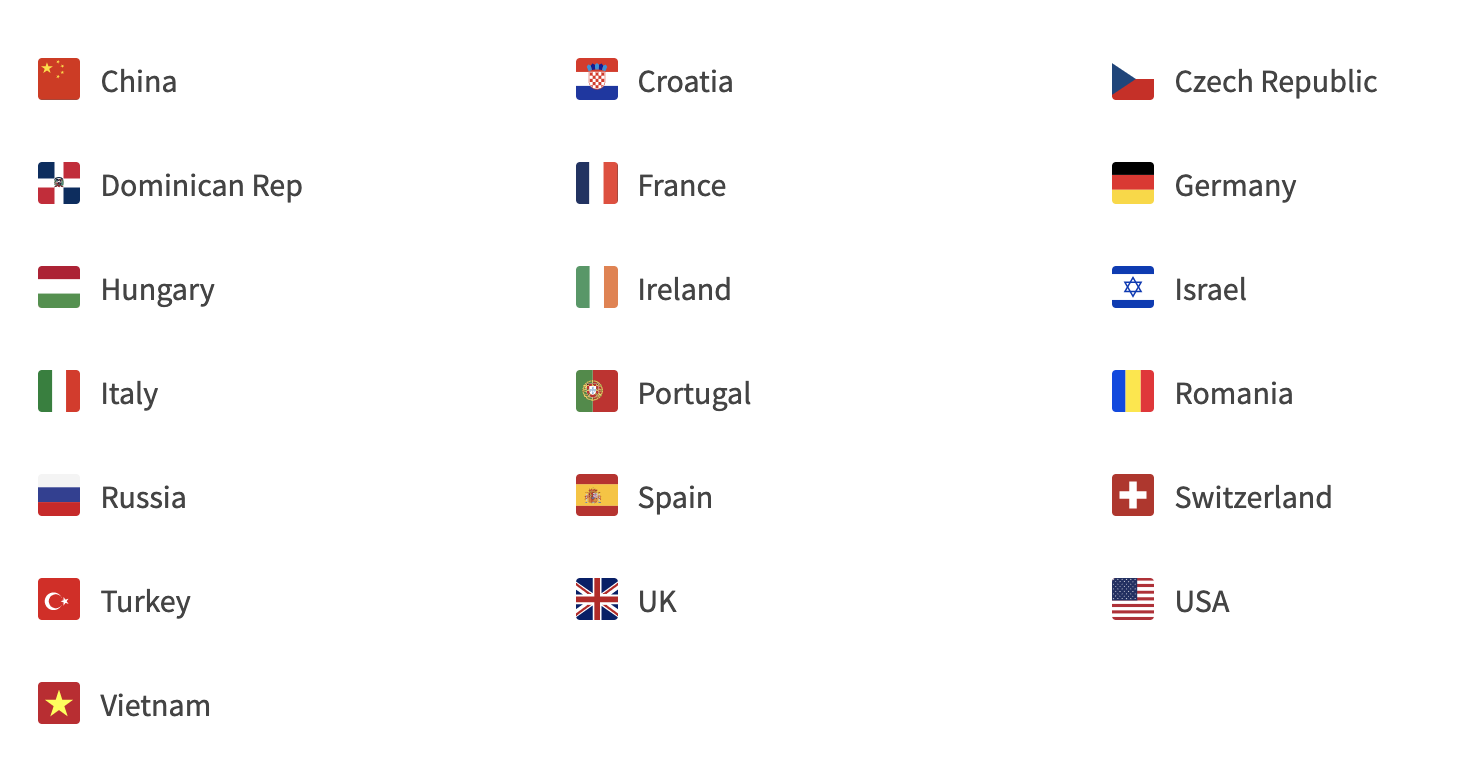International debt recovery is perhaps one of the most challenging issues in business. Companies are usually excited when starting their new international ventures, but when payments of distributors, clients, franchisees… stop, difficulties arise, particularly when they happen abroad. Recovery is most of the times complicated, causes expenses, nightmares and sometimes undertakings simply decide to give up. We herein provide some tips to consider in the prevention phase.
The following is a summary of the ideas which were discussed in a webinar organized by Legalmondo and the Chamber of Commerce of Treviso/Belluno in Italy in November 11, 2020.
What are the best practices to manage international receivables?
The first question regards the best practices companies could put into practice to avoid or, at least, to try to minimize the impact of lack of payment when international businesses are concerned.
The following main points were mentioned as worth considering at an early status of the negotiations and business development.
Verification of the identity of the company
Who is the company we are dealing with? It is important to check its existence, legal situation and capacity to carry on business. And also, the faculties or authorization of the person signing the type of contract. Is this the right authorized person? Has this person followed the legal requirements to do it? In particular, during this period of international pandemic, when the electronic signatures are used and when agreements are frequently signed with non-original signatures but only on pdf documents.
Request of financial information
What is the credit rating of the company? Seek to obtain official accounting information, either filed with the register of companies (when possible according to the local rules), or through private investigation research: tax regularity certificate to attest that the company is in compliance with applicable rules (in places when this is possible), comfort letters from shareholders or third parties (banks)… It is important to have a reasonable certitude about the capacity of that company to carry on the concrete business. And when possible, to do it on a regular basis.
Use the right contract
What is the correct type of contract for the commercial relationship? Seek advice from a lawyer specialized in the law of the country where the debt will be collected. This will be an essential element, for example, to know when the ownership of the acquired asset is legally transferred; when the parties have agreed to pay the invoices; the validity of the general conditions (or if they have to be drafted in the local language or in the language of the negotiations or what happens when they are contradictory: the seller’s and the purchaser’s); whether this is a distribution contract or a mere supply of products and the related obligations and consequences depending on the applicable law…
Write down your agreements
Avere le condizioni per iscritto non solo sul tipo di contratto ma anche sulle modalità, condizioni e ritardi di pagamento. Ed essere consapevoli del tipo di documenti necessari per la validità dell’accordo. Uno scambio di e-mail creerebbe un obbligo? Sarebbero necessari passaggi più formali per avere un contratto / obbligo valido (notaio, registrazione, firma separata di alcune condizioni)?
Follow your contract
If there is a contract in place, it is important to follow what has been signed or agreed, to ensure that these conditions are then respected. A different and sustained commercial practice could imply a tacit change the original written agreement.
Document all transactions
From the order by the client/distributor, its acceptance by the manufacturer, the transport document, linked to the receipt of goods, and until the final invoice, all paperwork should be clear and consistent. In case of lack of payment, all these documents might be necessary to prove the correct performance of the contract.
Has the debtor risen objections?
Also check your own defaults. It is quite frequent that the non-paying party justifies its decision on a previous breaching. If there is such previous alleged infringement by a supplier, for instance (related to the shipment of goods: delays, defective products, etc.), it will be probably more complicated to ask for the payment from the distributor or, at least, it will be required an additional procedure.
Be clear on the accrual of interests for late payments
In EU countries, legislation based on the 2011/7 Directive allows to combat late payment in commercial transactions with special interest rates: make sure this is mentioned in the contract, as non-EU based companies might not be aware of this, and the difference with the general legal interest can be substantial.
Seek guarantees for your credits
This obviously can vary depending on the type of contract and the relationship between the parties. A guarantee is advisable not only at the beginning, but also when the relationship lasts for several years. Sometimes, trust in your counterparty in the past makes more difficult to ask for additional guaranties and this could imply that late payments are not correctly managed.
Consider also additional guaranties on sold goods such as, when permitted by the law, retention of title. This will imply that the ownership remains in the vendor’s hand until the complete payment. In some cases, it is also possible to have additional guarantees when the retention of title can be registered at special public registries. These special conditions should also be verified locally in order to know their extent and to respect the way they shall be agreed, accepted, and documented.
Check out our webinar on debt collection
On November 11, 2020, I had the pleasure to participate to the webinar on International Debt Collection organized by the Chamber of Commerce of Treviso and Belluno and Legalmondo: we discuss the best practices and share practical information on debt collection in Spain, Germany, France, USA, China, Vietnam and Singapore.
You can watch the recording of the webinar here.
Legalmondo’s helpdesk on international credit collection
If you would like to know more about how to collect a debt overseas, you can find the reports of our experts from 20 countries here.









